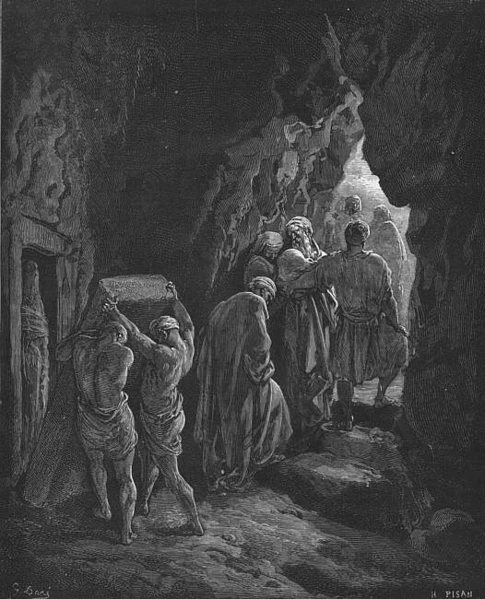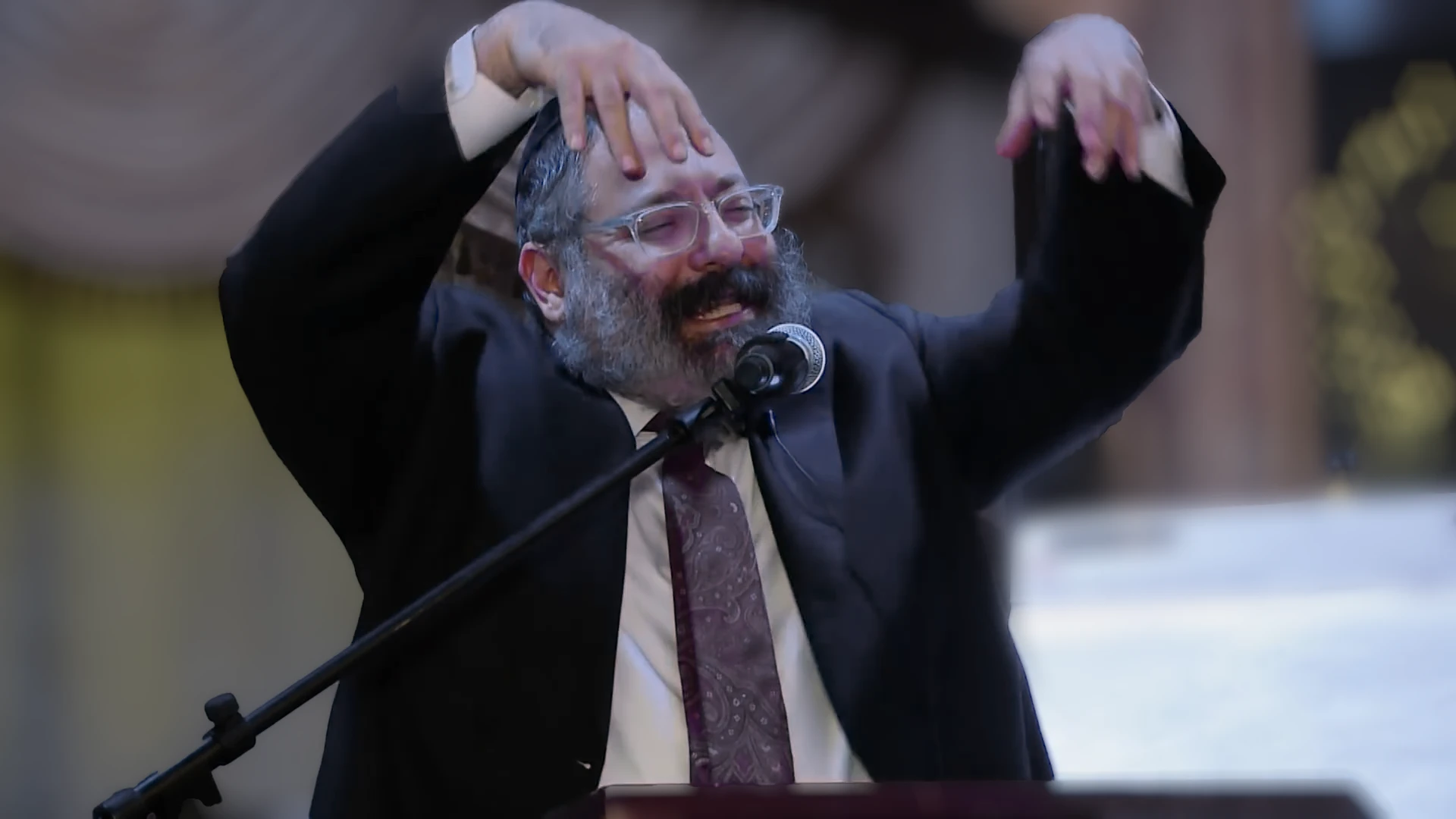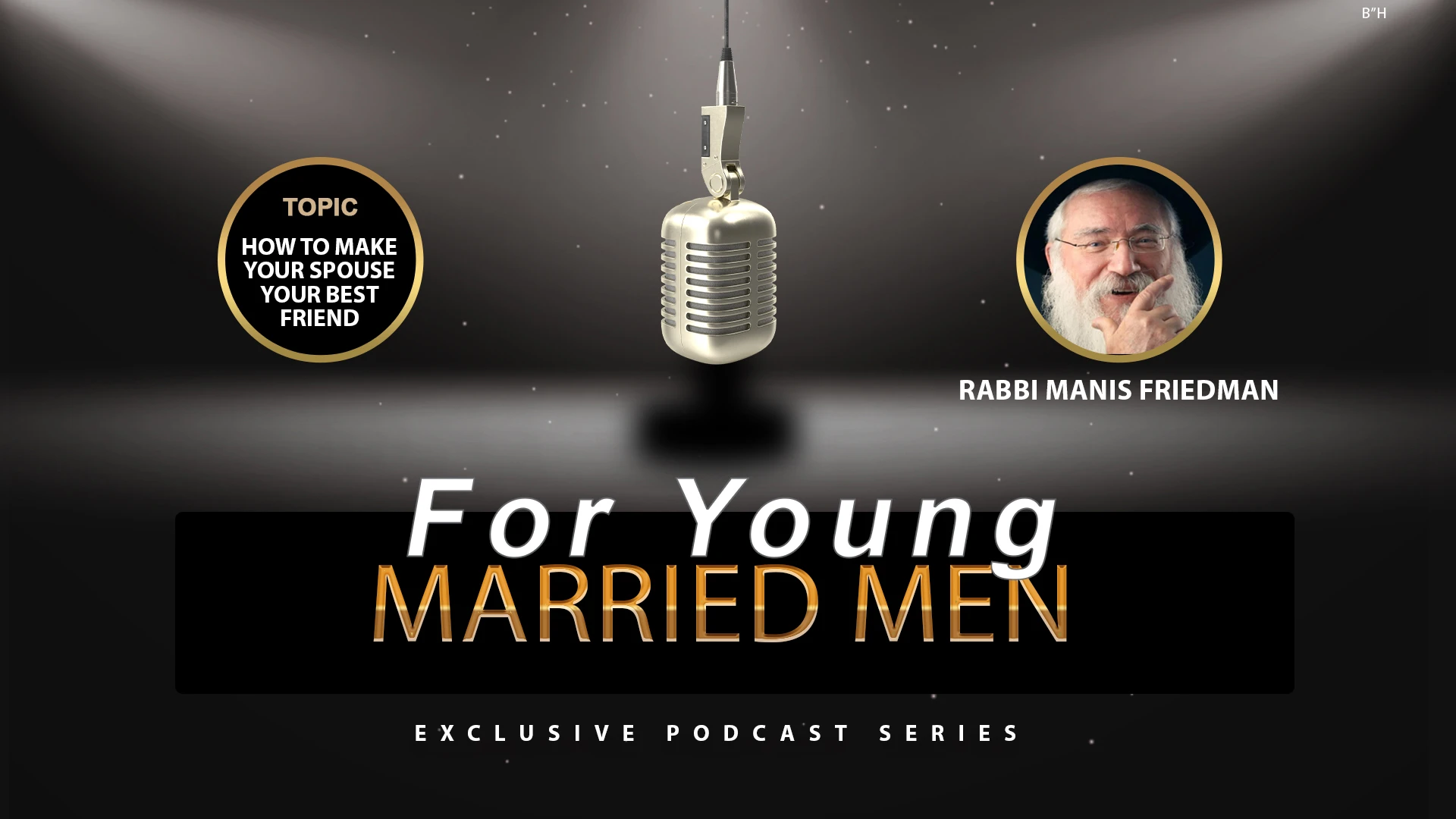Yiddish: The Rogatchover Gaon Debates Reb Chaim Brisker on Marriage
Every Moment You Need To Renew Your Marriage
The Rogatchover Gaon, Reb Yosef Rozen (1858-1936), right, and Reb Chaim Soloveitchik (1858-1918)
Sheva Berachos Advanced Shuir
- November 25, 2017
- |
- 7 Kislev 5778
Rabbi YY Jacobson
4101 צפיות- 6תגובה
- התקשרות
האזינו לכיתה בטלפון
שִׂיחָה +1 (845) 201-1933
כשתתבקש, חייג את מספר הזהות שלהלן.
5408 MP3 - העתק הטמעה
In honor of Sholem hakohen nen Freyda Truarig for his Bar Mitzvah on 10 Kislev
סיכום השיעור:
This shuir was presented at the Sheva Brochos of Yossi Tauber and Feigi Schlezinger, on Motzoai Shabbos Parshas Vayeitzei, 7 Kislev 5778, November 25, 2017, in Monsey, NY. The kallah is the granddaughter of the Shtrasburger Rav, Rabbi Shmuel Akiva Schelzinger shlita.
תגים
קטגוריות
Sheva Berachos Advanced Shuir
Rabbi YY Jacobson
- November 25, 2017
- |
- 7 Kislev 5778
- |
- 4101 צפיות
In honor of Sholem hakohen nen Freyda Truarig for his Bar Mitzvah on 10 Kislev
שיעורים קשורים
אנא עזרו לנו להמשיך בפעילותנו
הרשמה לקבלת תוכן (באנגלית) עדכני מאת הרב יוסף יצחק ג'ייקובסון
צרפו חברים ומשפחה לקבוצת הווסטאפ שלנו
צרפו חברים ומשפחה לקבוצת הווסטאפ שלנו
















אנא השאירו את תגובתכם למטה!
Avromi -3 שנים לִפנֵי
Thanks very much!
Where is this tzofnas pone'ach?
השיבו לתגובה זו.סמן את התגובה הזו.
אדיב שלמה בן א"א -3 שנים לִפנֵי
יישר כחך, רב יעקובסאן, שליט"אאיך האב נאך נישט געהערט די גאנצע וואונדערליכע שיעור אבער ס'איז מיר געקומען א זייטיגע קשיא וועגן די פארשידנארטיגע טערמען וואס ווערן באנוצט בנוגע לענין פון חתונה האבען: דהיינו קידושין, נשואין, גירושין, וואס זענען אלע בלשון רבים.
איך פארשטיי נישט פארוואס די מעשה פון מקדש זיין אדער מגרש זיין איז ניט בלשון יחיד ווייל עס איז א באשטימטע און באגרעניצטע טעטיגקייט. אבער אין ליכט פון דער אינהאלט פון די דרשה אפשר מ'קען זאגן אז זיי זעננען אזוי געשריבן ווייל זיי זענען בגדר פעולה נמשכת און אין א געוויסע זין נישט קיין איינמאליגע אקט.
על כל פנים די שיעור איז זעהר טיף און א סאך העכער פון מיין באשרענקטע פארשטאנד אבער פון דעם שיעור און פון אלע אייער שיעורים און דרשות מ'קען פארזוכן און שמעקען די אייביגע זיסקייט און הייליגקייט פון תורתנו הקדושה.
א הארציג'ן דאנק.
השיבו לתגובה זו.סמן את התגובה הזו.
Joshua -6 שנים לִפנֵי
☺ Really great!
So I guess it's safe to say that tefillin on the head is a continuous mitzva, because to consciously have Hashem 'on the mind', 'in the head' constantly, is ALSO against our nature, so it's therefore a 'piulah ha'nimsheches.'
השיבו לתגובה זו.סמן את התגובה הזו.
Anonymous -6 שנים לִפנֵי
Not exactly. In the case of Tefilin, the mitzvah is actually being performed at every single moment, because the actual Tefilin is on my head!
In the other cases, we need the "formula" of "Peulah Nimsheches." By Tefilin, it is actually a Peulah that continues every single moment when the Tefilin is on my head, since that is the actual mitzvah -- to have Tefilin on my head. It would be like sitting in the Sukkah, or learning Torah, etc. where I am fulfilling the mitzvah every moment I am sitting in the Sukkah, or learning Torah.
The chidush of the Rogatchover is that in cases when you do the mitzvah and you complete it, still there are mitzvos that must continue, even without action, because you are creating something novel and unnatural. Tefilin is not part of this equation. Because having Hashem in our head is serious Avodah but it is not in opposition of nature.
Cf. my shiur on Tefilin, on Theyeshiva.net Parshas Bo, where this is explained further.
השיבו לתגובה זו.סמן את התגובה הזו.
Joshua -6 שנים לִפנֵי
And with מליה? Something unnatural is happening there For it o be considered an ongoing activity? Seriously
השיבו לתגובה זו.סמן את התגובה הזו.
Anonymous -6 שנים לִפנֵי
No. Again with milah, the actual mitzvah continues. The mitzvah is not only the act, but also the result, that one should be circumcised. So every moment that one is in a state of milah one does a mitzvah -- like when your tefilin is on your head. This is explained elsewhere in the writings of the Rogatchover Gaon.
That is why the Sages teach in Talmud Shabbos that David was in the bathing house, and felt "naked" from the mitzvos, till he realized he had a bris. For that mitzvah is always continuing.
So we do not need the formula of "peula nimsheches."
השיבו לתגובה זו.סמן את התגובה הזו.
Joshua -6 שנים לִפנֵי
So if peula ha'nimsheches doesn't apply when a mitzva is occurring (from what I'm understanding),... Isn't marriage a mitzva (according to Rambam? So why wod there be peula ha'nimsheches for marriage ? ld
השיבו לתגובה זו.סמן את התגובה הזו.
Joshua -6 שנים לִפנֵי
So if peula ha'nimsheches doesn't apply when a mitzva is occurring (from what I'm understanding)... isn't marriage a mitzva? So why is it a peula ha'nimsheches during marriage?
השיבו לתגובה זו.סמן את התגובה הזו.
yosef -6 שנים לִפנֵי
Rabbi,
First of all thank you for taking the time, but my question is: Isn't being married also a mitzva?
השיבו לתגובה זו.סמן את התגובה הזו.
Michael -7 שנים לִפנֵי
A new world
השיבו לתגובה זו.סמן את התגובה הזו.
Joshua -6 שנים לִפנֵי
Very nice comment!... ☺
השיבו לתגובה זו.סמן את התגובה הזו.
Anonymous -7 שנים לִפנֵי
Yiddish
I would greatly appreciate if someone can translate this shiur to English. Is this possibe?
השיבו לתגובה זו.סמן את התגובה הזו.
Joshua -6 שנים לִפנֵי
I hope you got a translation by now ?
השיבו לתגובה זו.סמן את התגובה הזו.
Anonymous -6 שנים לִפנֵי
Not yet.
השיבו לתגובה זו.סמן את התגובה הזו.
Anonymous -7 שנים לִפנֵי
נפלא
הפלא ופלא, הן חלק הנגלה, חלק ההלכה, חלק החקירה, חלק החסידות וחלק העבודה
השיבו לתגובה זו.סמן את התגובה הזו.